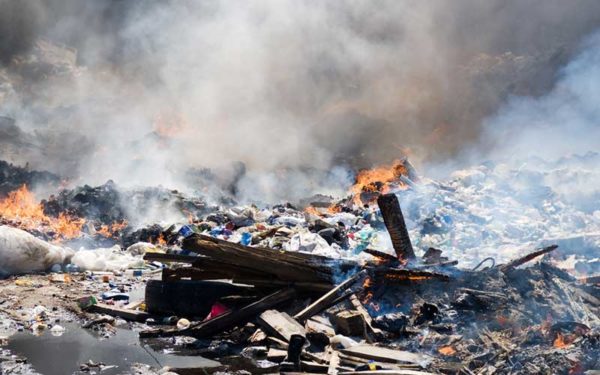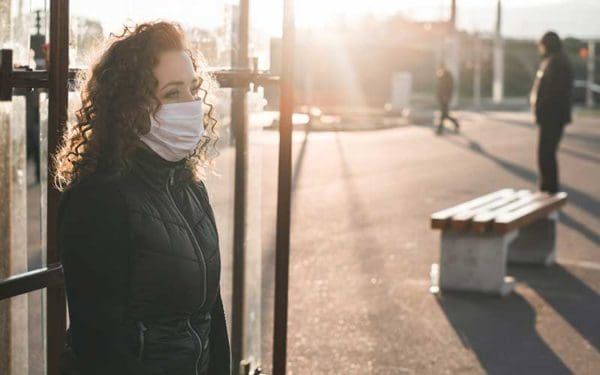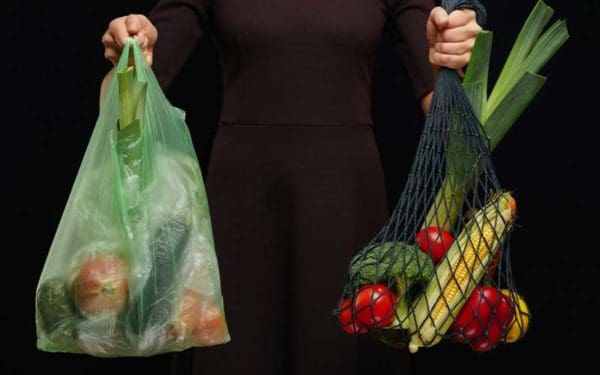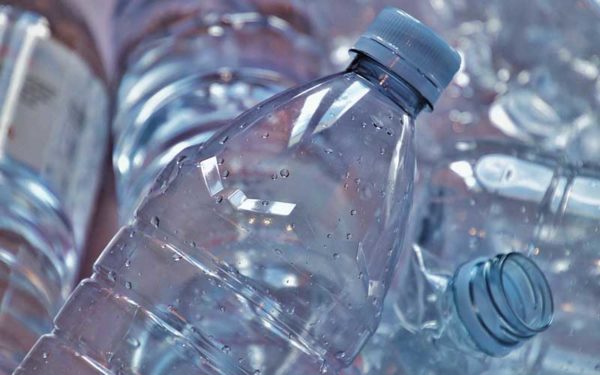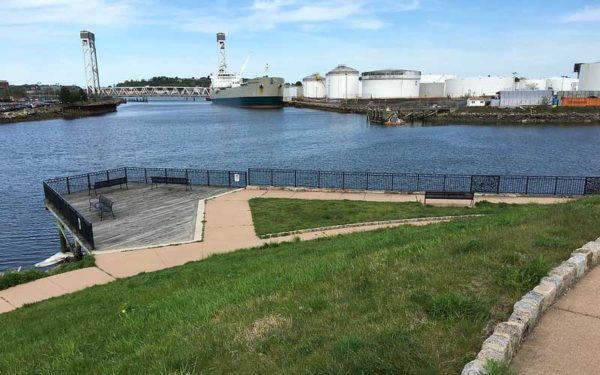Jun 15, 2020
The waste industry claims that their so-called “waste-to-energy” technologies can help combat the climate crisis by reducing climate-damaging emissions. But these claims are misleading and inaccurate. Burning trash to create energy will not solve the climate crisis or our growing waste problem.
Jun 10, 2020
COVID-19’s unequal impact on our communities has laid bare stark realities about health, wealth, and housing. As our Healthy Neighborhoods Study has shown – and as the map of COVID-19 infections bears out – low-income and people of color face community-level stressors resulting from public health inequities and environmental injustices. These stressors result directly from decades of discriminatory housing policy.
Jun 10, 2020
The plastic industry has been trying to take advantage of the pandemic to maximize profits. But fueling fear during a public health crisis is outrageous and must be called out. To truly protect public health and the environment long-term, we need full-scale reuse systems.
Jun 09, 2020
At the outset of the COVID-19 pandemic, staffing concerns caused many New England states with bottle return programs to temporarily stop enforcing collection requirements at grocery stores, supermarkets, and liquor shops. Connecticut was among the states pressing pause on bottle bill enforcement. But as of May 20, the state’s Department of Energy and Environmental Protection (DEEP) has reinstated bottle collection requirements at these retail sites.
Jun 01, 2020
“Preventing residents from commenting on a project that will have enormous impacts on their community is not only shameful but a form of discrimination,” said Amy Laura Cahn, Director of CLF’s Healthy Communities and Environmental Justice program. “East Boston and Chelsea already experience some of the worst air quality and pollution in the state and adding yet another industrial facility will only compound these injustices. State leaders need to be held accountable for silencing community concerns to push this project through.”
Jun 01, 2020
The complaint states that “Spanish-speaking residents were left with no way of understanding what was said during the two- and half-hour hearing, and no ability to understand and thus respond to or echo the testimony of others as an English-speaking resident might have done. When these residents were finally permitted to speak — following hours of English-only, complex, and technical testimony by parties, intervenors, and limited participants — they had no context or confidence to share their perspective, rendering the record essentially incomplete.”
May 31, 2020
“When we have an opportunity to set up whole new systems for the safe conveyance of food products, there is no reason why we must settle for systems that include single-use plastics,” Pecci said.
May 29, 2020
“Now, we should be able to, number one, get back to business as usual and redeem those bottles and cans that people have stacked in their basements and in their garages,” said Kirstie Pecci of the Conservation Law Foundation’s Zero Waste Program. “And then, number two, we know that it’s time to stop using single-use plastic. It’s not protecting us from the virus.”
May 29, 2020
“The scientific community has made it clear that the risk of transmitting the virus by touching a bag or bottle is almost nonexistent,” CLF said in a statement. The groups also want the state to end its temporary ban on reusable grocery bags.
May 29, 2020
If COVID-19 taught us anything, it’s that essential communities like Chelsea and East Boston are continually put at environmental risk. We deserve better. We must invest in transit systems that serve Chelsea and East Boston riders affordably, reliably, and safely. Doing so will not only improve our ability to get around but will improve our public health and our climate.
